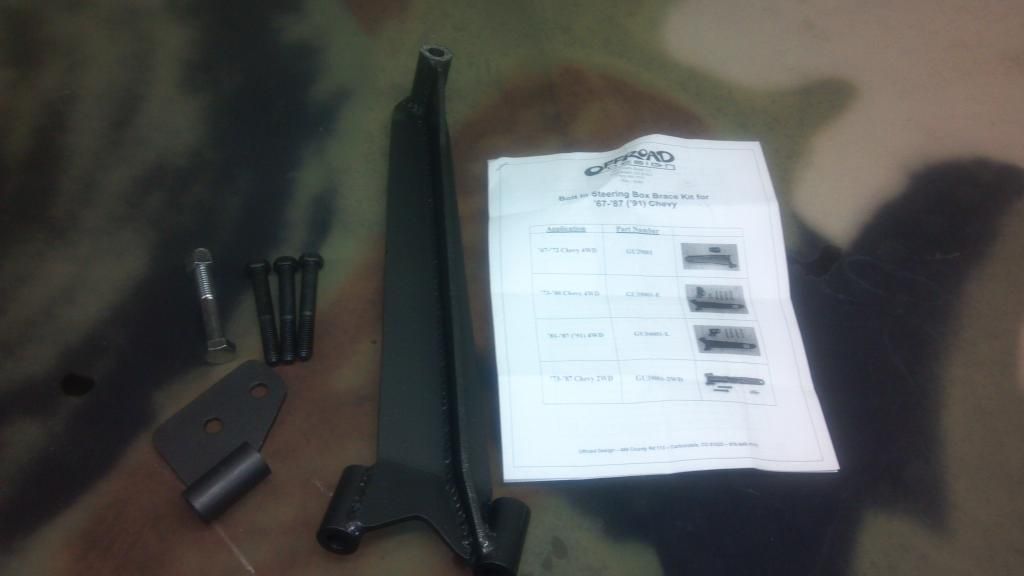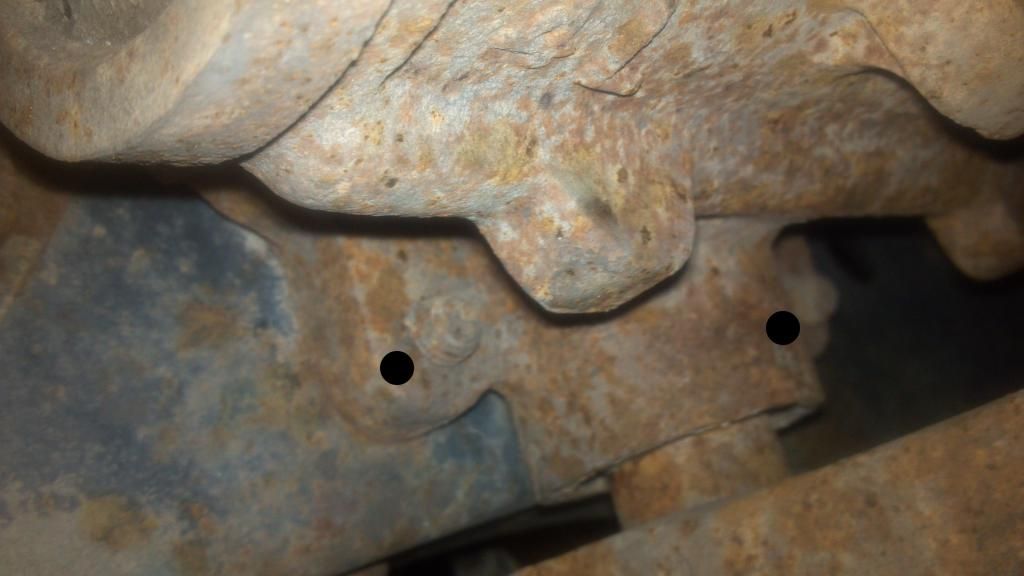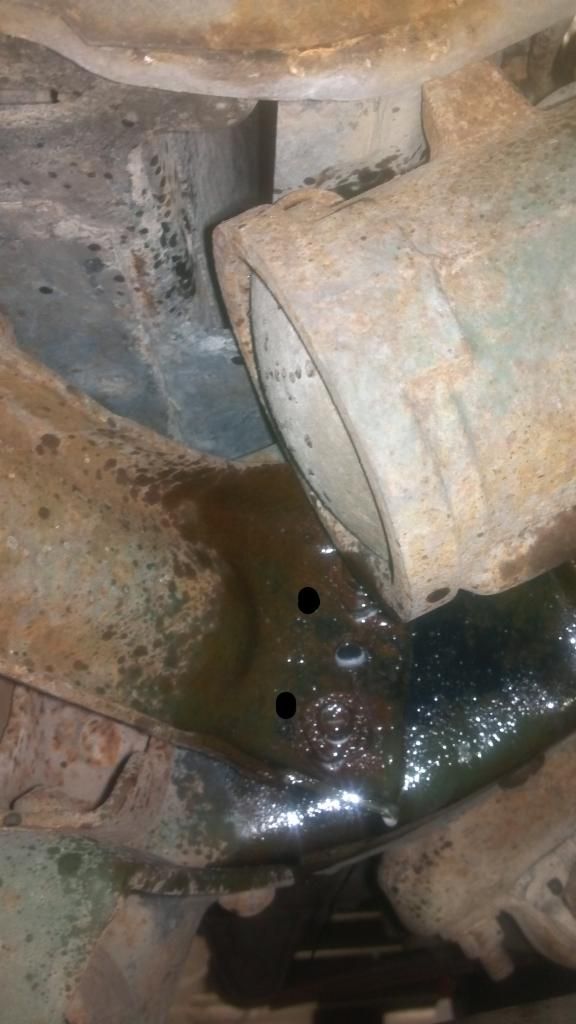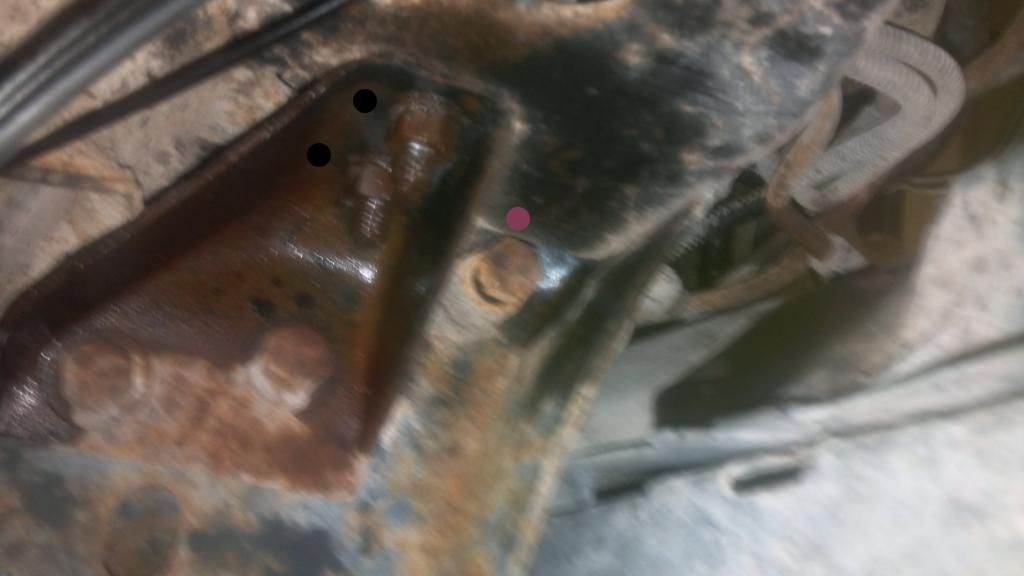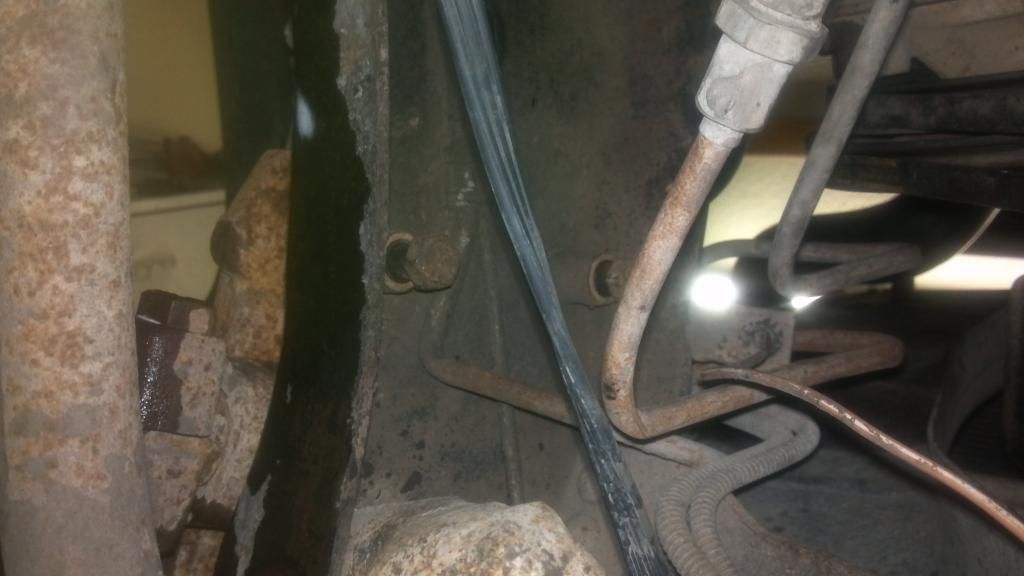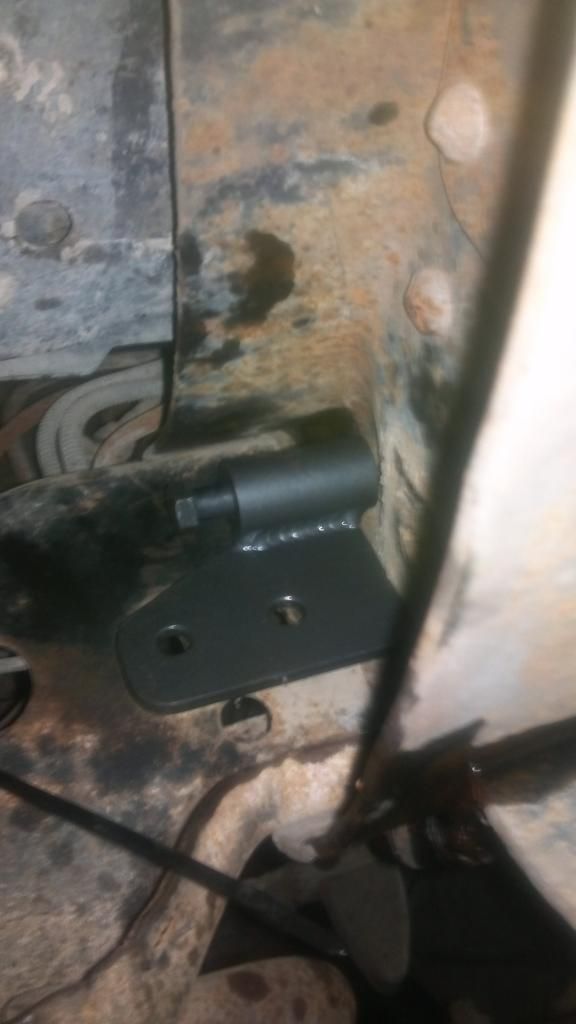superbuickguy
Explorer
I was referring mostly to the Eldo's parking brake mechanism, I despise any and all integrated parking brake calipers. Drum-in-hat is the way to go IMHO, simpler and generally more reliable as the two systems are separate. Not available with any aftermarket setup that we're aware of though, hence the driveline brake suggestion. What did you on your Sub for e-brake? Someone on YouTube outfitted his NP205 with a driveline brake from what he said was a "200" (NP200 would be my guess), he made it looks stupid-easy. Didn't mention said driveline brakes aren't all that easy to find any more though...
I've had disk brakes on my 83 for a couple years now, and frankly, I've never missed having an emergency brake. I carry wheel chocks for winching (and heaven help those who think an e-brake is the same when winching)... with that said, my FJ40 is a manual transmission, so I'm adding an e-brake to the tail-housing of the Dana 300... but it has lockers all the way around, so the downside of a transfer-case e-brake is mitigated.

